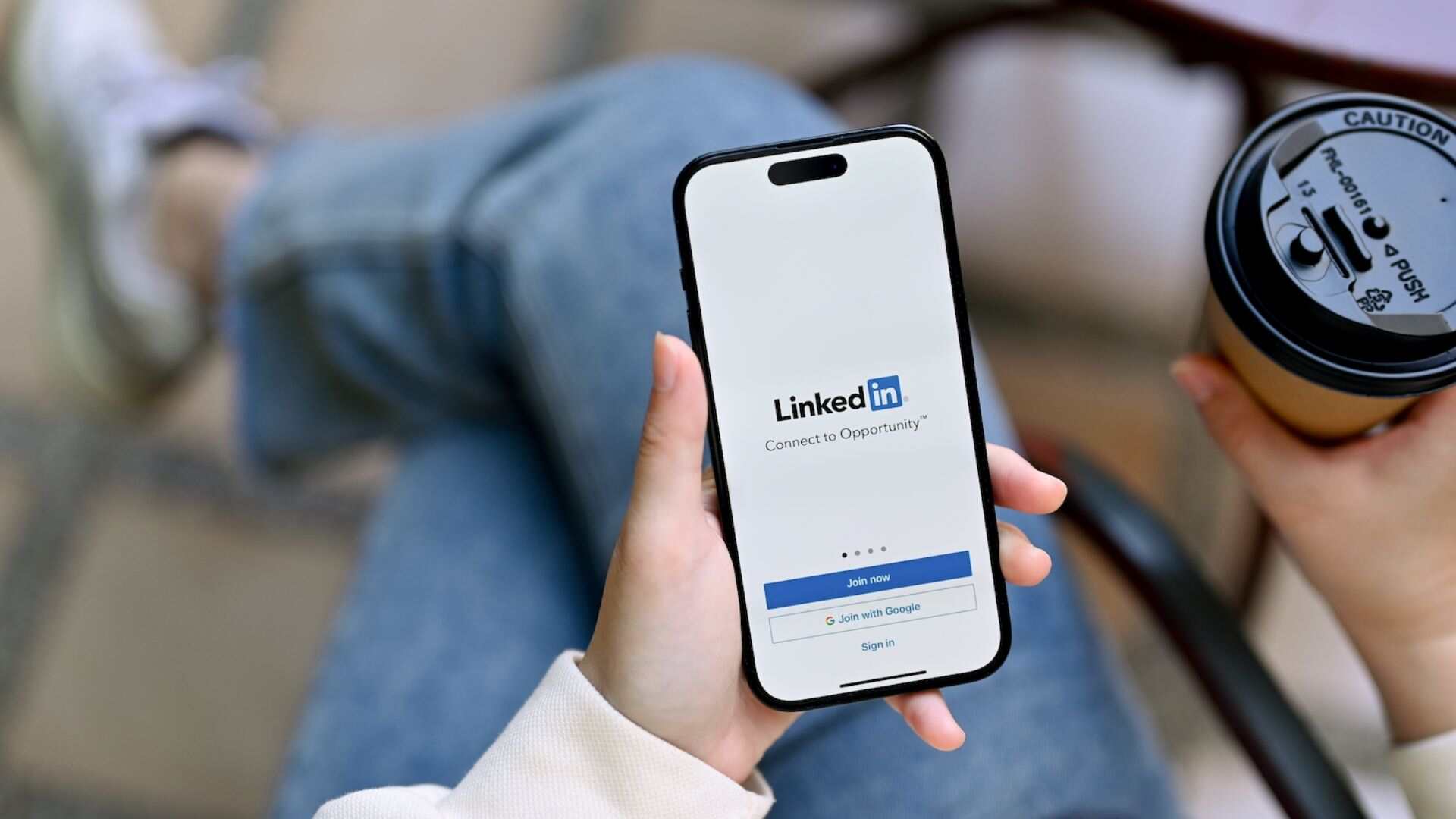New research has found that using the professional networking platform LinkedIn can induce feelings of imposter syndrome in its user. Imposter syndrome is the persistent inability to recognize one’s own achievements and the belief that one’s success is undeserved.
The study, conducted by researchers at the University of Edinburgh Business School, revealed that both browsing LinkedIn and posting about personal accomplishments on the platform can trigger these negative self-perceptions. The act of comparing oneself to the carefully curated professional profiles of others can lead to feelings of anxiety, depression, and a sense of being a “fraud” despite one’s actual competence.
Expert Opinion:
“Simply engaging with LinkedIn, reading your feed or posting an achievement yourself, can make you feel like an imposter,” explains Dr. Ben Marder, a senior lecturer in marketing at the university. “This is because it triggers a reflection on your professional identity that can ignite imposter thoughts, which is associated with a fear of being found out as an imposter.”

Linkedln Causes Imposter Syndrome
The researchers found that users experiencing imposter syndrome on LinkedIn were more likely to seek out courses and training to improve their skills, as a way to resolve the cognitive dissonance between their self-doubt and their actual achievement. This highlights the need for LinkedIn and other professional platforms to provide resources to help users manage these negative emotions.
By acknowledging the prevalence of imposter syndrome on LinkedIn and providing support to users, platforms and employers can help mitigate the negative impact on mental health and productivity. As the research shows, addressing these underlying issues is crucial for individuals to fully harness the career-boosting potential of professional networking sites.







